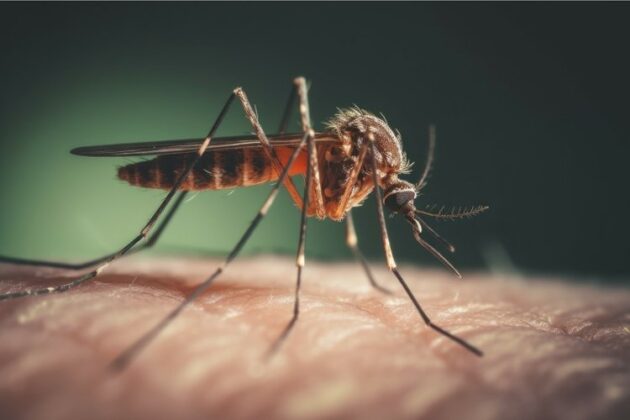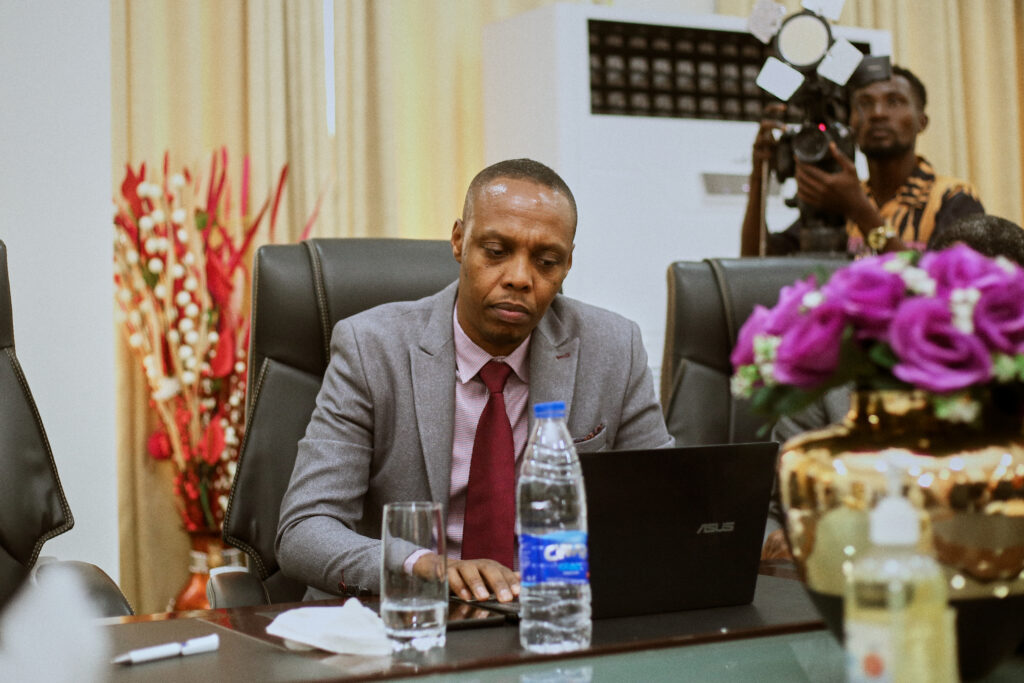
World marks Malaria Day with call for equity in fight » Capital News
NAIROBI, Kenya Apr 25 – The world on Thursday united to commemorate Malaria Day, aiming to increase awareness of malaria and rally efforts toward its control and eradication.
The theme for 2024, “Accelerating the fight against malaria for a more equitable world,” underscores the importance of addressing health disparities that render certain regions more susceptible to malaria.
The Ministry of Health notes that malaria continues to be a significant cause of mortality, especially among children.
In Kenya alone, an estimated 4,000 individuals succumb to malaria each year.
Various stakeholders actively engage in improving the situation despite the persistently high prevalence of the disease and the limitations posed by the availability of antimalarial drugs.
One such organization is API for Africa (APIFA), a non-profit dedicated to facilitating local production of Active Pharmaceutical Ingredients (APIs) and other health products and technologies (HPTs) in sub-Saharan Africa.
APIFA collaborates with key stakeholders from the private sector, public sector, research institutes, and civil society to tackle a significant market challenge: the insufficient API manufacturing capacity in sub-Saharan Africa and the resultant lack of affordable medicines.
“Combating malaria and improving healthcare across the region requires an increase in local production to ensure a steady supply of essential medications to those who need them the most,” APIFA Chief Executive Officer, Dr. Frankline Keter said.
Keter emphasized that APIFA’s drive to encourage local production of active pharmaceutical ingredients and other health products and technologies is crucial for ensuring a consistent supply of vital medicines, particularly for combating diseases like malaria.
“By enhancing the robustness and resilience of our pharmaceutical supply chain, we not only elevate the industry’s competitiveness and self-reliance but also drive economic expansion and job creation. This approach is a catalyst for fostering innovation and facilitating the transfer of technology,” he said.

– Building Local Capacity To Manufacture APIs –
APIFA collaborates with stakeholders from various sectors to tackle the challenge of limited API manufacturing capacity and the affordability of medicines.
Pharmaceutical companies use APIs to produce medications such as tablets, liquids, capsules, and injections.
Ensuring the availability of high-quality and affordable APIs is essential for global healthcare systems.
API production is mainly concentrated in India and China due to labor and cost advantages.
This concentration according to Keter poses risks, especially for regions like sub-Saharan Africa, where reliance on a few suppliers can lead to shortages.
Despite the policy and commercial incentives to develop API manufacturing capacity in sub-Saharan Africa, progress has been slow, except in South Africa.
Challenges such as high capital costs, technological gaps, and limited market access Keter said hinder progress.
“APIFA, as a non-profit organization, addresses these challenges by providing manufacturers with resources and exposure, while instilling investor confidence in the region’s capacity to sustain production,” Keter said.
